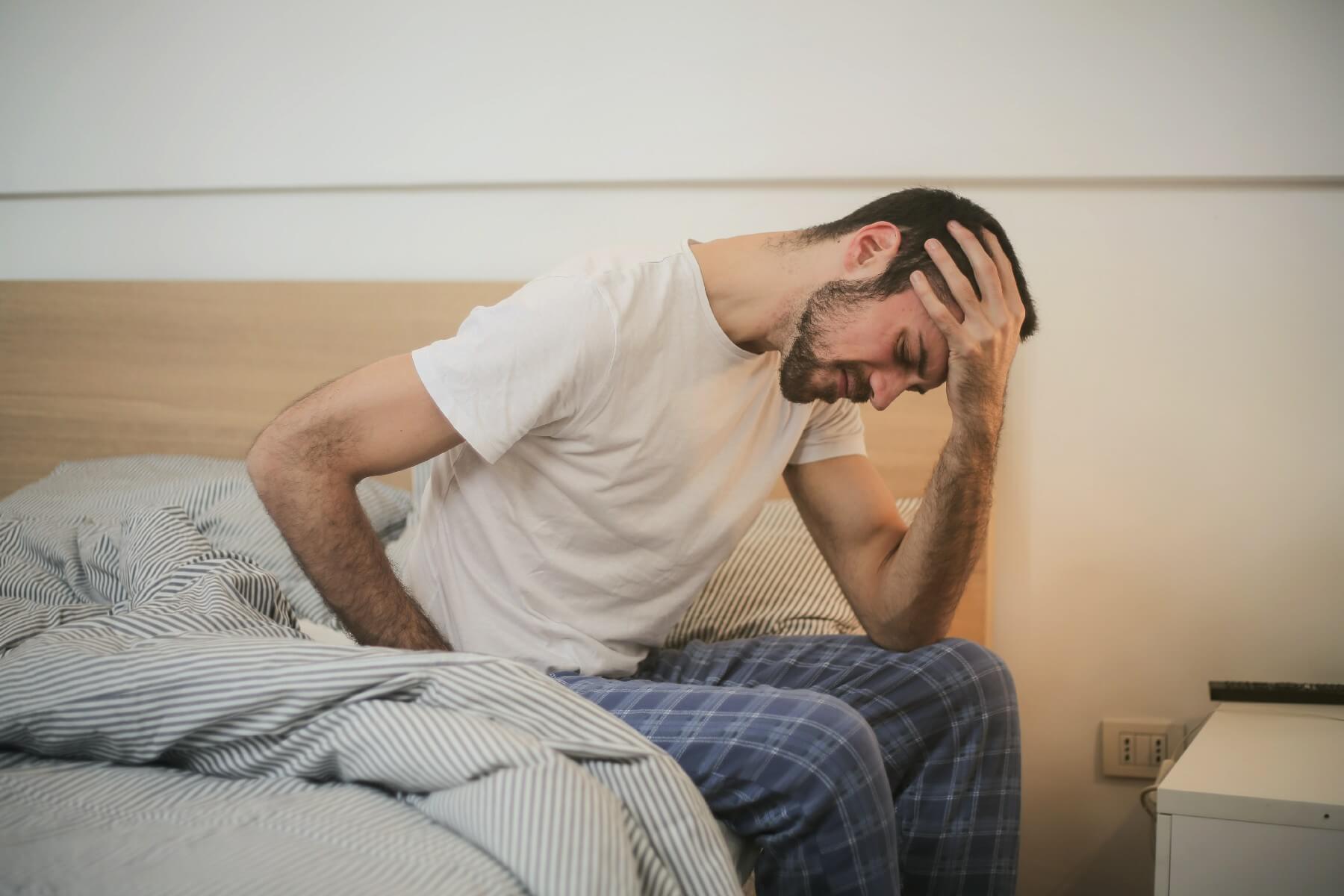
Haemorrhoids, commonly known as piles, are swollen veins in the anal canal and rectum that can cause discomfort, pain, itching, and bleeding. Anal fissure is another condition that affects the anal area. Both conditions can cause similar symptoms such as pain, itching, and bleeding, but they are provided with different treatment approaches by the surgeon.
In the case of severe or recurring haemorrhoids, a surgical procedure involving the complete removal of haemorrhoids is performed by our surgeon. The surgical procedure for anal fissures is called lateral internal sphincterotomy. It involves cutting a small portion of the anal sphincter muscle to reduce spasm and promote healing. The treatment approach for haemorrhoids and anal fissures may vary depending on the severity of the condition and individual patient factors. An accurate diagnosis and appropriate treatment plan will be recommended by our chief surgeon, Dr. Preethi Mrinalini.
Haemorrhoids (piles) are lumps that form within and around your abdomen (anus). After a few days, they typically get better on their own. Internal haemorrhoids grow within the rectum, whereas external haemorrhoids develop underneath the skin around the anus (external hemorrhoids).
Hemorrhoids affect about three out of every four adults at some point in their lives. Hemorrhoids may be caused by a variety of factors, but the cause is mostly unknown.
External Hemorrhoids:
These are located beneath the skin of your anus. The following are possible signs and symptoms:
In your anal area, you can experience itching or discomfort.
Discomfort or pain Swelling in the area around your anus
Bleeding
Internal Hemorrhoids:
Internal haemorrhoids are haemorrhoids that form within the rectum. You can’t normally see or feel them, and they rarely cause pain. When passing stool, however, straining or discomfort can lead to:
Thrombosed Hemorrhoids:
When blood pools and forms a clot (thrombus) in an external hemorrhoid, it can cause:
Haemorrhoid symptoms usually go away on their own after a few days and don’t need medication. Haemorrhoids that develop during pregnancy usually improve after the baby is born. Keeping the stools moist and easy to move is the safest way to avoid haemorrhoids. Follow these guidelines to avoid haemorrhoids and minimize their symptoms:
Increase the amount of fibre in your diet steadily – Fruit, vegetables, wholegrain rice, whole wheat pasta and bread, pulses and beans, grains, nuts, and oats are all good sources of fibre.
consuming plenty of fluids, particularly water, while avoiding or reducing caffeine and alcohol intake
Do not putting off going to the bathroom – Ignoring the urge to clear your bowels will cause your stools to become harder and drier, resulting in straining when you finally do.
Avoiding medications that induce constipation, such as codeine-based pain relievers weight loss (if you’re overweight)
Regular exercise will help you avoid constipation, lower your blood pressure, and lose weight.
One of Chennai’s best gastrointestinal clinics. We provide the most effective treatment for Gastrointestinal Tract, Gallbladder, Stomach, Colon, Rectum, Piles, fissures, and hernias.

© 2024 Marinas Clinic All rights reserved.Powered by Zero Gravity Technologies.